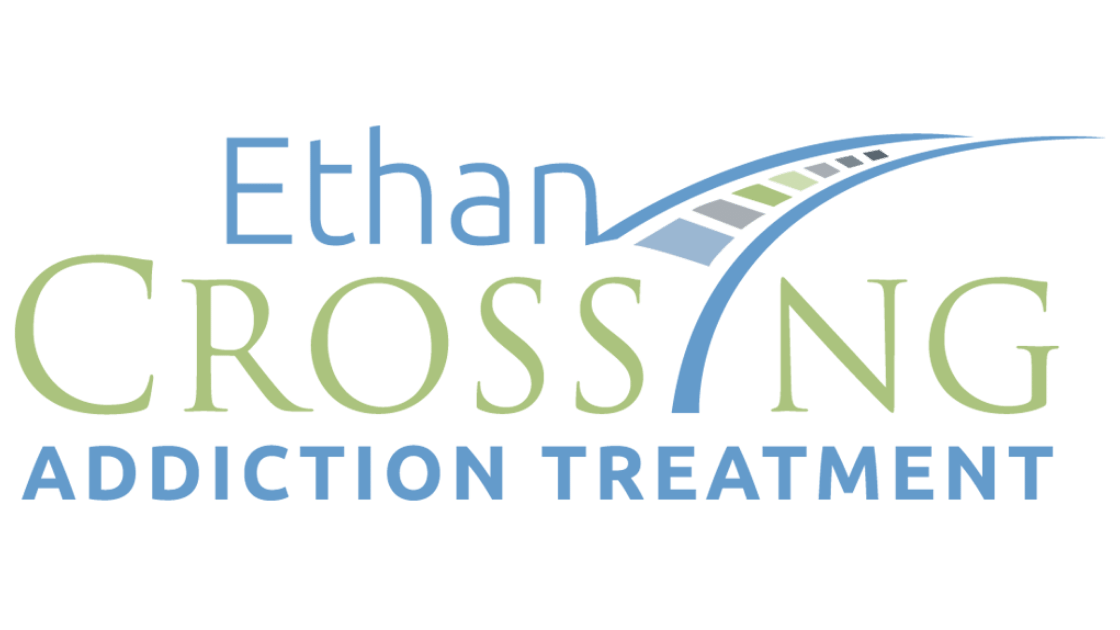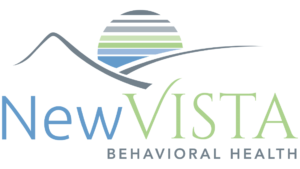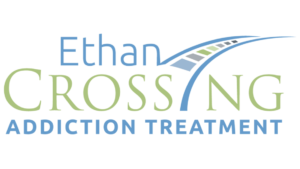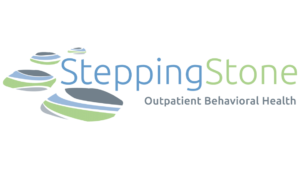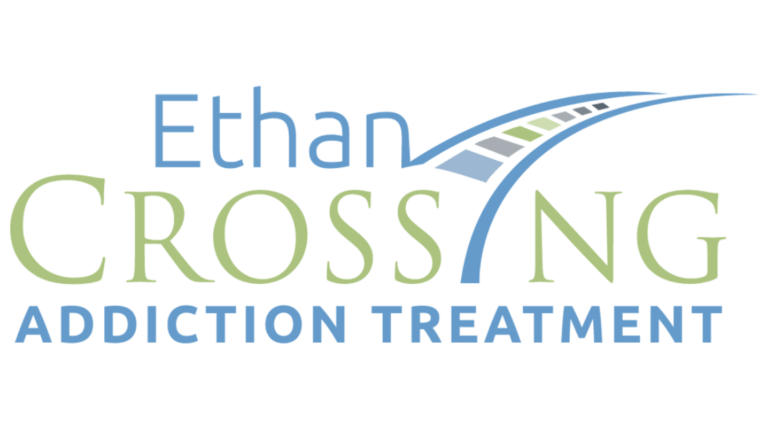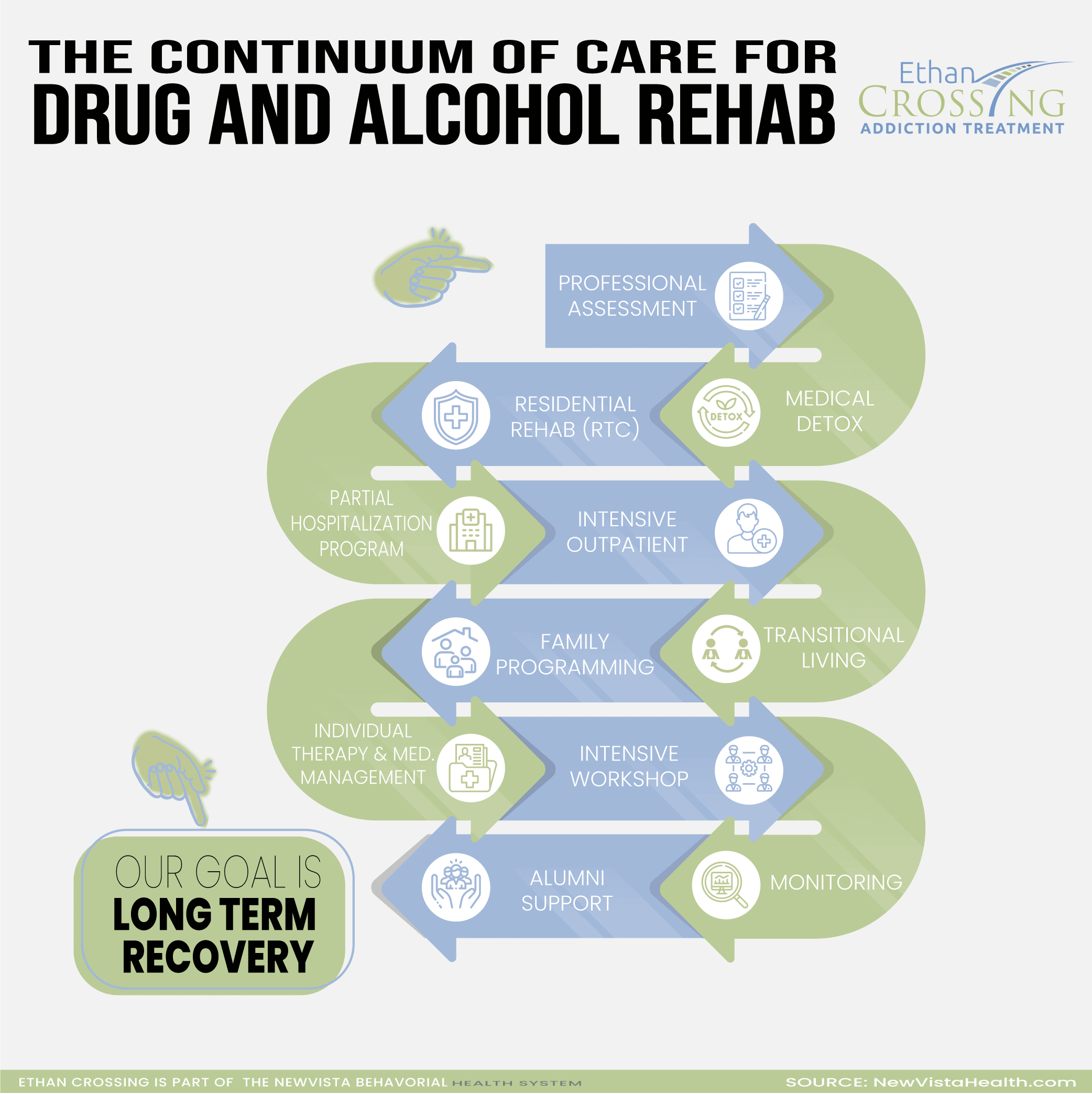Types Of Drug and Alcohol Rehab Programs
When seeking treatment, the phase of addiction you are in will help to guide which level of care you need to start your recovery journey. If your substance use has progressed to the point of physical dependence, then you will most likely start treatment in a medically monitored detox. Our clinical team will help decide placement within the treatment continuum during your initial evaluation. This graphic shows all of the levels of care within drug and alcohol rehab.
Within The Ethan Crossing Recovery system, we offer all of the primary levels of care individuals may need to recover.
-
Evaluation:
- All treatment starts with an evaluation conducted by a licensed medical professional to evaluate need, effective medications, and the most beneficial therapeutic model to aid in recovery.
-
Medical Detox Program:
- Detox is an essential first step of recovery, but studies have shown that detox alone is not sufficient for overcoming addiction. Medical detox is the first step in the continuum of care involves safely removing the substances from your system while minimizing side effects and withdrawal symptoms associated with detox.
-
Residential Treatment Program:
- This level of care allows patients to begin on the path to recovery in a healing environment. Residential drug rehab and alcohol rehab is ideal for patients who will benefit from a long structured care setting to focus on their individual recovery. This level of care lasts for 10 to 30 days and involves 24/7 monitoring with intensive clinical therapy and medical assistance.
-
Partial Hospitalization Program:
- Partial Hospitalization Programs are also referred to as PHP. A partial hospitalization program involves 20 hours a week of outpatient treatment. Patients participate in therapy and various activities throughout the day but return home or to a sober living residence in the evenings. This level of care allows patients to still have structure and supportive therapy and medication management while transitioning back to home life.
-
Intensive Outpatient Program:
- As a form of primary treatment, an intensive outpatient treatment program (IOP), as it is often called, provides more flexibility to the patient. Treatment is built around the patient’s schedule, allowing them to fulfill work commitments and family obligations.
